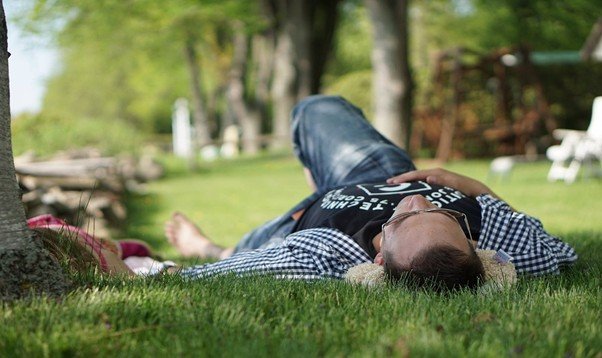Earlier this year, The Independent covered a study on teenage sleep patterns and academic performance (“Teens Missing Out on Sleep as Homework and Stress Rise,” March 2024). The article reported that British teens are among the most sleep-deprived in Europe, with many sleeping less than seven hours a night. As deadlines pile up, stress rises and sleep suffers—something I and my friends know all too well.
I was struck by the article’s finding that lack of sleep doesn’t just hurt grades, but affects mood, memory, and even relationships. Last exam season, I fell into the cycle myself: late-night study, groggy mornings, feeling on edge all day. Only after talking with my form tutor and trying new routines—like putting away my phone at bedtime—did I begin to feel better.
The Independent piece concluded that schools should rethink early start times and homework loads, and I couldn’t agree more. If we want students to thrive, we need to prioritise well-being alongside achievement. As someone who wants to study psychology, I’m eager to learn more about how simple changes can improve both mental health and academic success.
Sophie Clarke
- United Kingdom
- Female
- Year 12 (Sixth Form), City of London School for Girls
- Intended Major: Psychology
- Role: Outreach & Social Media Lead
- Introduction:
Fascinated by how people think and connect, I love bringing communities together through dialogue. As Outreach & Social Media Lead, I’m committed to building a vibrant, supportive space where every student’s voice can shine.

